Raleigh, NC: (919) 277-9299
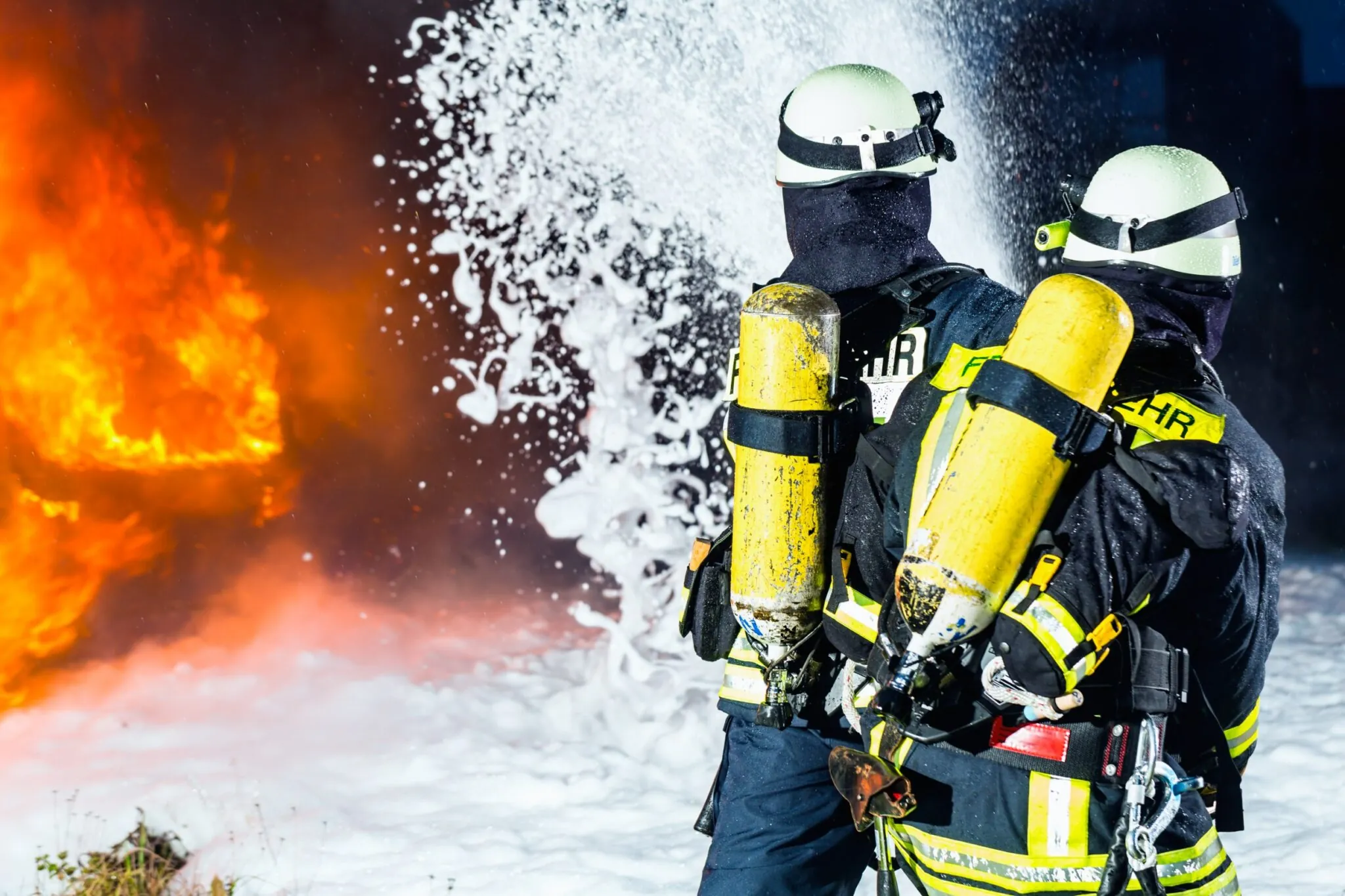
South Carolina AFFF Attorneys
Bell Legal Group is holding manufacturers responsible for the harm caused by their products
Aqueous Film-Forming Foam, often referred to as AFFF, serves as a suppressant employed to combat flammable liquid fires, specifically Class B fires. This foam comprises HIGHLY TOXIC SUBSTANCES known as PER- AND POLYFLUOROALKYL (PFAS). PFAS is commonly labeled as a “forever chemical” due to its persistent nature. The noxious substances contained within AFFF persist within an individual’s body for an extended period of time.
Who Qualifies?
- Firefighters or members of the U.S. Military who experienced exposure to AFFF after the year 1960.
- Firefighters who routinely utilized AFFF or engaged in training exercises involving firefighting foam.
- Members of the U.S. military who employed this substance for training, fire suppression, life-saving efforts, and property protection.
Schedule your case evaluation with us
Contact Bell Legal Group Today
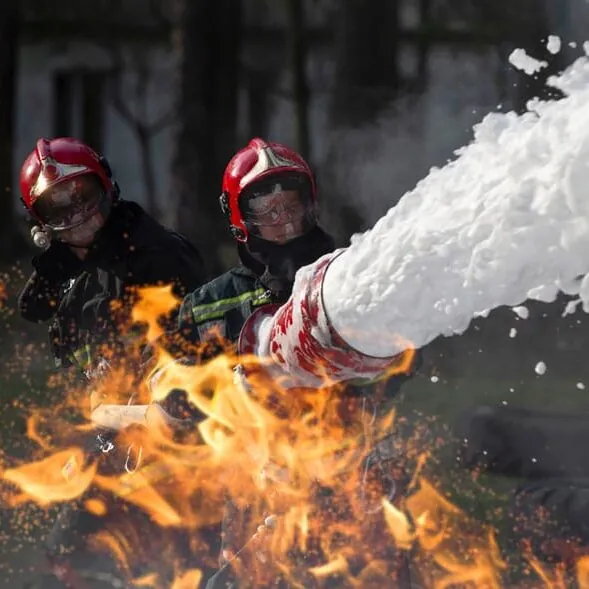
Health Impacts
Prominent health organizations such as The Centers for Disease Control and Prevention (CDC), United States Environmental Protection Agency (EPA), and the American Cancer Society (ACS) have acknowledged potential links between specific PFAS chemicals and cancer among firefighters.
Medical findings establish a connection between AFFF exposure and the following diseases:
- Kidney cancer
- Bladder cancer
- Pancreatic cancer
- Liver Cancer
- Breast Cancer
- Leukemia (and other blood cancers)
- Prostate cancer
- Ovarian cancer
- Testicular cancer
- Non-Hodgkin’s lymphoma
- Thyroid disease
Frequently Asked Questions
Who Qualifies?
Who Qualifies?
Civilian firefighters, including volunteers, when PFAS containing AFFF stock are used for emergency fire suppression and/or in training settings.
Military personnel – in addition to the civilian firefighters, those that work as firefighters in the military in every branch are at a very high risk of developing diseases caused by AFFF exposure.
Who am I suing?
Who am I suing?
A lawsuit will be filed against the company or companies which made the AFFF products you were exposed to. Examples of some companies included in the MDL are:
- 3M Company
- DuPont
- Chemours Company
- Chemguard
- Tyco Fire Products
- National Foam, Inc.
- Dynax Corporation
- Buckeye Fire Equipment Co.
Where is my case being filed?
Where is my case being filed?
All AFFF lawsuits have been consolidated into a MDLin the District of South Carolina.
MDL stands for Multi District Litigation. Since this case affects thousands of individuals all over the country, it is considered a MDL. All MDL’s are governed by one Judge and all cases are consolidated in one Court for efficiency purposes.
Over 5000 plaintiffs with lawsuits are pending in the AFFF MDL.
The MDL currently contains personal injury claims and water district claims.
Bell Legal Group is only taking personal injury claims for firefighters.
MDL vs. Class Action
MDL vs. Class Action
MDL and class action lawsuits are both used to group plaintiffs with similar claims against the same Defendants for efficiencies purposes. However, they do have differences.
- MDL cases exist only in federal court while class action lawsuits can be filed in either state or federal court.
- MDLs are often used for people who suffer from similar injuries, but the extent of those injuries differ from case to case. Whereas Class Actions are generally used when the members of the class have experienced the same losses.
- In a Class Action, a representative group goes through the judicial processes together. An MDL is made up of a bunch of individually filed consolidated cases.
Can surviving family members recover compensation on behalf of an AFFF exposure victim?
Can surviving family members recover compensation on behalf of an AFFF exposure victim?
Yes. Family members can continue the claims of their loved ones.
How much compensation could I receive?
How much compensation could I receive?
The compensation you’re entitled to depends on the circumstances surrounding your case such as:
- the level of exposure to AFFF
- long-term prognosis and seriousness of your illness
- the extent of pain and suffering
- if you experienced lost earning capacity caused by any disability that you suffered as a result of exposure
The two basic types of compensatory damages are usually medical bills and pain and suffering.
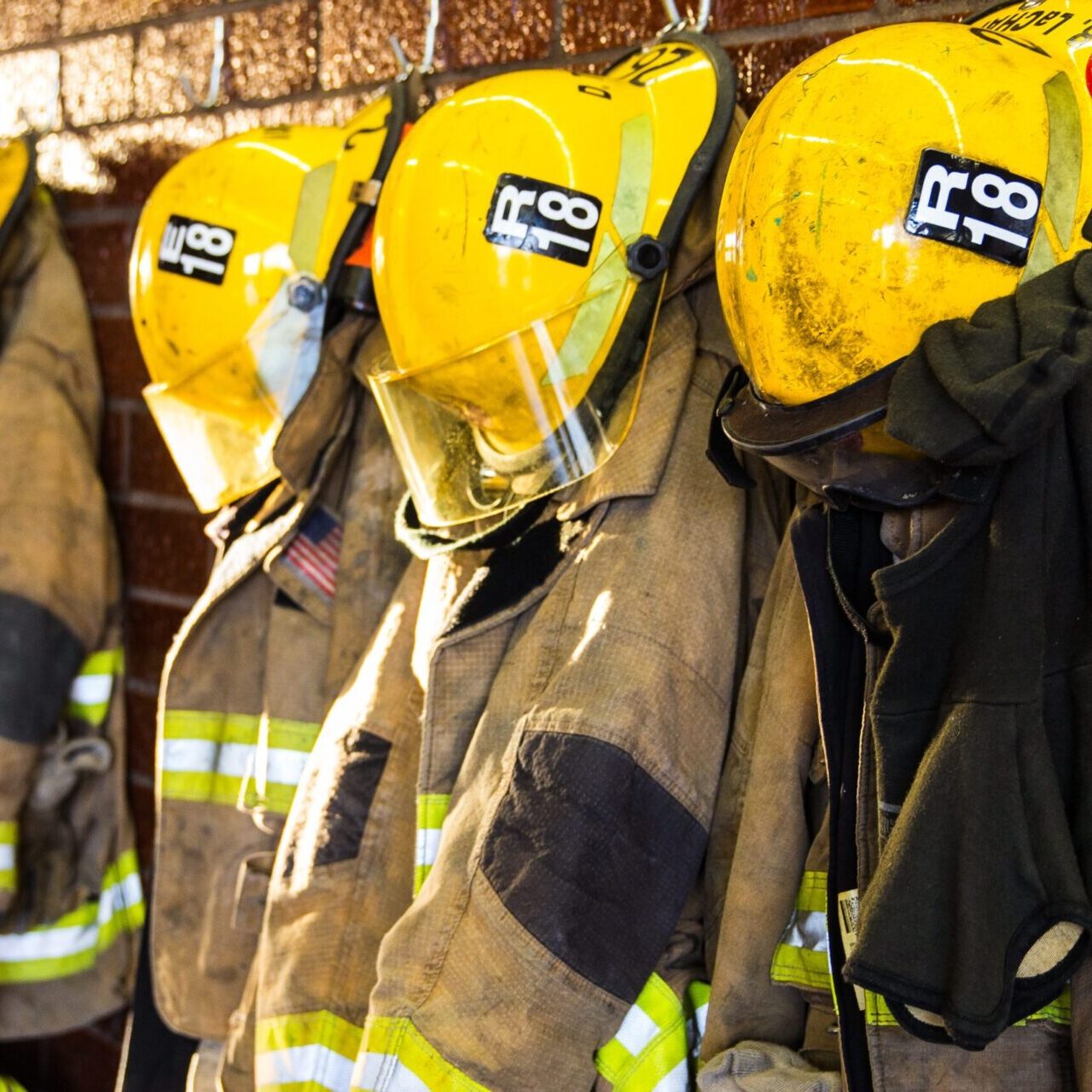
J. Edward Bell III
Founder and Senior Partner
South Carolina attorney Ed Bell founded Bell Legal Group more than 40 years ago. With offices in Georgetown, SC, and Raleigh, NC, he focuses his practice on a variety of cases that range from medical malpractice, personal injury, automobile safety and defects, product liability, environmental law, police misconduct, and prison abuse.

Awards & Accolades

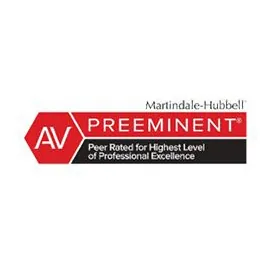
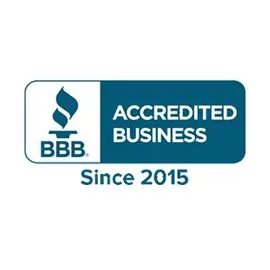



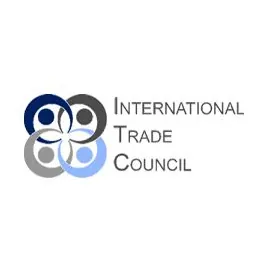

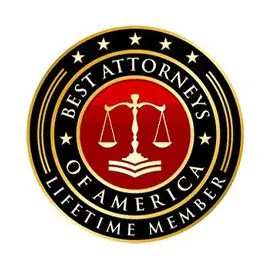
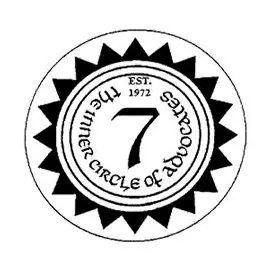
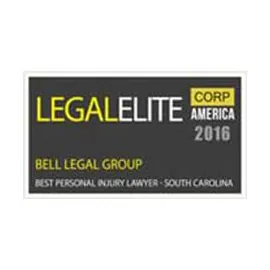


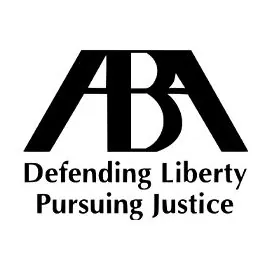
Schedule your case evaluation with us
Contact Bell Legal Group Today
Georgetown, SC Office
219 Ridge St.
Georgetown, SC 29440
(843) 438-7480
Raleigh, NC Office
751 Corporate Center Drive, Suite 300
Raleigh, NC 27607
(919) 277-9299
